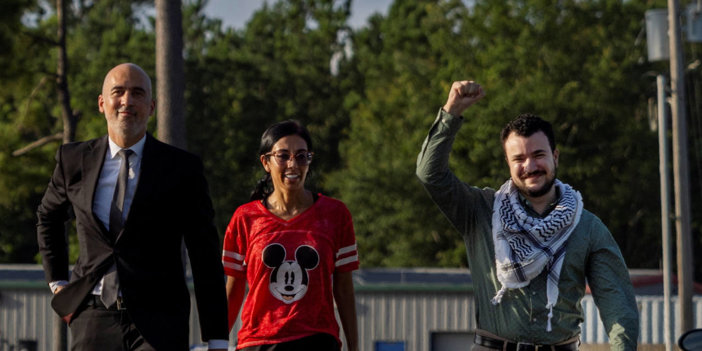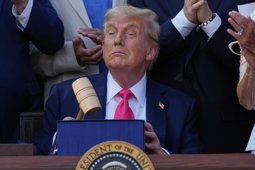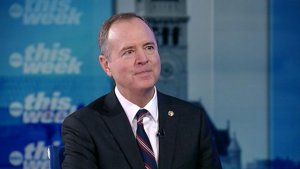
Judge Orders Release of Columbia Activist Mahmoud Khalil
Columbia’s Mahmoud Khalil freed after judge rules he is not a flight risk, as legal fight over deportation and activism continues.
Federal Judge Frees Detained Columbia Student
Mahmoud Khalil, a graduate student at Columbia University and prominent anti-Israel activist, was released from a Louisiana immigration detention facility on Friday after a federal judge determined there was no legal justification to hold him pending deportation proceedings. Khalil, who had been detained since March, left the federal center before 7 p.m. and is set to reunite with his wife and infant child in New York.
The order for Khalil’s release was issued by U.S. District Judge Michael Farbiarz, who described the government’s continued detention of Khalil as “highly, highly unusual.” In his written ruling, Farbiarz emphasized that Khalil, a legal U.S. resident, was neither a flight risk nor a danger to the community. “Petitioner is not a flight risk and the evidence presented is that he is not a danger to the community. Period, full stop,” Farbiarz wrote.
Khalil’s attorneys argued that his months-long imprisonment in Jena, Louisiana, was an exceedingly rare and unconstitutional act of retaliation for his pro-Palestinian activism on campus. Khalil was originally arrested at Columbia University in March over his role in pro-Palestinian protests, after which an immigration judge ruled that he could be removed from the country based on a memo from Secretary of State Marco Rubio. That memo asserted that Khalil’s protests were contrary to U.S. foreign policy interests.
Activism, Free Speech, and Legal Precedents
Rubio’s decision invoked an obscure provision of the Immigration and Nationality Act, but Judge Farbiarz enjoined the secretary from using that determination as grounds for deportation. The Department of Homeland Security (DHS) subsequently cited additional grounds for Khalil’s detention, alleging he omitted key information on his green card application about affiliations with activist groups, including Columbia University Apartheid Divest.
Khalil’s case has galvanized both pro-Palestinian advocates and immigration rights groups, who argue that the Trump administration is seeking to suppress political dissent and chill free speech rights, particularly concerning criticism of Israel’s actions in Gaza and ongoing conflict with Iran.
Under the terms of his release, Khalil must surrender his passport but will retain his green card. He is required to notify the Department of Homeland Security within 48 hours of arriving in New York, where his family lives. Khalil is permitted to travel to New York, Michigan, New Jersey, Louisiana for court appearances, and Washington, D.C. for lobbying activities.
The legal dispute is far from over, as the Trump administration has appealed both the preliminary injunction and Khalil’s release to the 3rd Circuit Court of Appeals. The outcome will likely have significant implications for immigration enforcement, free speech rights on university campuses, and the government’s ability to use foreign policy as a basis for deportation.
As Khalil returns to New York, his case continues to serve as a flashpoint in the national debate over immigration, activism, and civil liberties in the United States.






